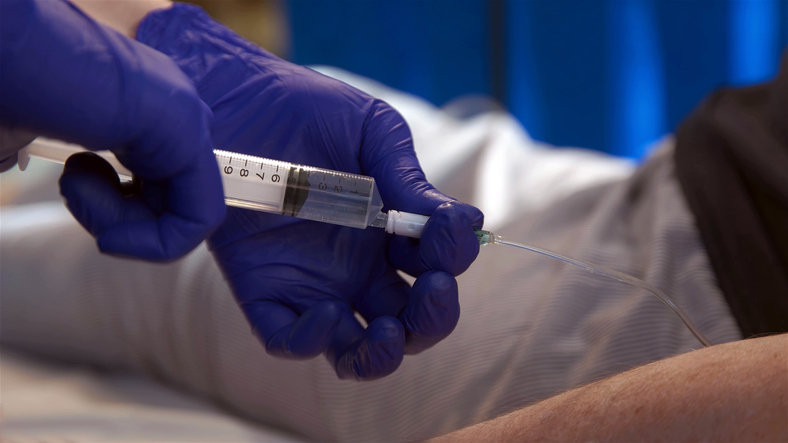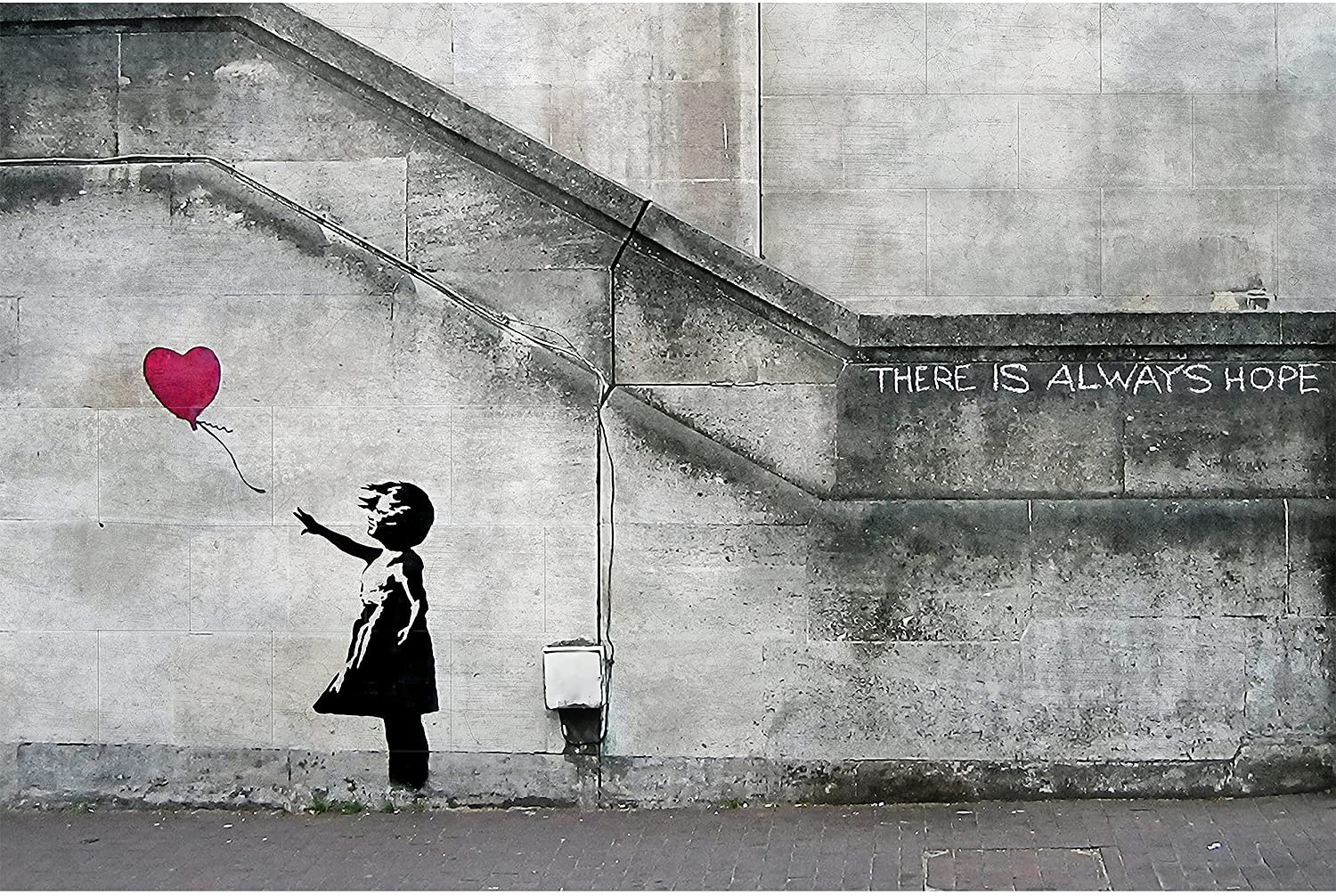A Crisis in the Fields: The Alarming Rise in Suicide Risk Among Irish Farmers
A recent survey has revealed a concerning trend in the Irish farming community: a significant rise in the risk of suicide. The findings, conducted by the University College Dublin Agri Mental Health Group, paint a stark picture of the mental health challenges faced by farmers, highlighting the need for immediate action and increased support.
The survey, which involved 457 farmers, found that a staggering 22.8% were considered at risk of suicide. Furthermore, a deeply troubling 82% of those surveyed knew someone who had died by suicide. These statistics are a stark reminder of the pervasive impact of mental health issues within the farming community.
The Weight of the Land: Understanding the Pressures on Farmers
While the statistic is shocking, it is not entirely surprising given the various pressures that farmers face, which have been well-documented over the years. These pressures, often interconnected, contribute to a cycle of stress, anxiety, and depression, ultimately increasing the risk of suicide.
Financial Strain and Uncertainty
Farmers operate in a volatile market, facing fluctuating commodity prices, unpredictable weather patterns, and ever-changing regulations. This uncertainty creates a constant sense of financial insecurity, making it difficult to plan for the future and impacting their overall well-being.
Climate Change: A Growing Threat
The effects of climate change are increasingly impacting the farming industry, leading to unpredictable weather events like droughts and floods. These events cause significant crop and livestock losses, further exacerbating financial strain and contributing to a sense of powerlessness. The feeling of being at the mercy of forces beyond their control can contribute to feelings of hopelessness and despair.
Mental Health Stigma and Isolation
There is still a significant stigma surrounding mental health in rural communities, preventing many farmers from seeking help. This stigma, often rooted in a culture of stoicism and self-reliance, creates a sense of isolation and shame, making it harder for individuals to acknowledge and address their struggles.
The Need for Change: A Call to Action
The Irish Farmers Association (IFA) has called for these alarming results to be a catalyst for change, emphasizing the urgent need for increased awareness, reduced stigma, and more accessible mental health services specifically tailored to the farming community.
The IFA is already working with farming communities around mental health, and these findings underscore the importance of this work. The association is advocating for better mental health infrastructure in rural areas, ensuring farmers have the resources and support they need to manage their mental health effectively.
A Path Forward: Building Resilience and Access to Support
Several initiatives are in place to support farmers struggling with their mental health. The Farming Resilience Programme, established in 2021 in partnership with Mental Health Ireland and Teagasc, provides valuable resources and support.
Farmers struggling with their mental health are encouraged to contact local IFA representatives for help. It is also essential to remember that facing challenges alone is never the answer. Seeking support from family, friends, or trusted colleagues can provide emotional relief and perspective.
A Future of Hope: Tackling the Challenges Ahead
The farming community faces a multitude of challenges, and addressing the mental health crisis requires a multi-pronged approach. By raising awareness, reducing stigma, providing accessible mental health services, and building resilience within the farming community, we can create a brighter future where farmers are empowered to manage their mental health effectively and thrive.
The future of farming, and the well-being of those who dedicate their lives to it, depends on our collective commitment to addressing this urgent issue. We must work together to create a culture of support and understanding, ensuring that no farmer faces their challenges alone.

















